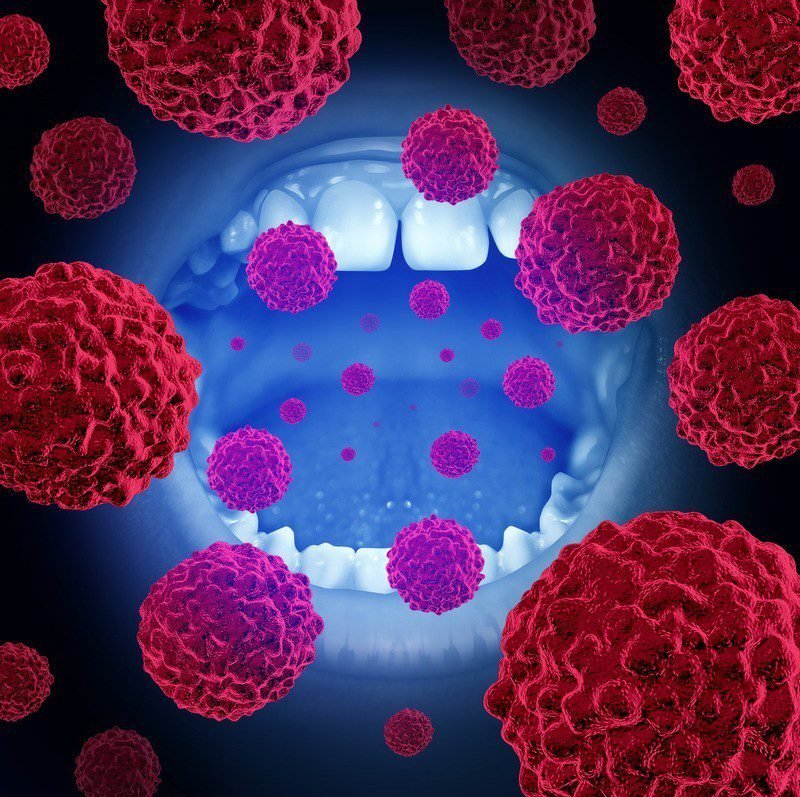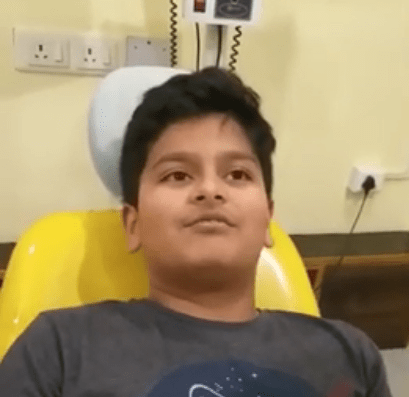
Oral cancers
CONFIDENT SMILE THROUGH BETTER DENTISTRY
ORAL CANCERS
Oral cancer is divided into two categories – those occurring in the oral cavity (your lips, the inside of your lips and cheeks, teeth, gums, the front two-thirds of your tongue and the floor and roof of your mouth) and those occurring in the oropharynx (middle region of the throat, including the tonsils and base of the tongue).

WHERE CAN ORAL CANCER APPEAR?
- The oral cavity includes your lips, cheek lining, gums, front part of your tongue, floor of the mouth beneath the tongue and the hard palate that makes up the roof of your mouth. The throat (pharynx) starts at the soft part of the roof of your mouth and continues back into your throat. It includes the back section of your tongue, as well as the base where the tongue attaches to the floor of your mouth
WHAT ARE THE SYMPTOMS OF ORAL CANCER?
- A sore or irritation that doesn’t go away
- Red or white patches
- Pain, tenderness or numbness in mouth or lips
- A lump, thickening, rough spot, crust or small eroded area
- Difficulty chewing, swallowing, speaking or moving your tongue or jaw
- A change in the way your teeth fit together when you close your mouth

DENTIST DETECTING ORAL CANCER
During your regular exam, your dentist will ask you about changes in your medical history and whether you’ve been having any new or unusual symptoms.
Then, your dentist will check your oral cavity. This includes your lips, cheek lining, gums, the front part of your tongue, the floor of your mouth and the roof of your mouth. Your dentist will also examine your throat (pharynx) at the soft part at the roof of your mouth, including your tonsils, the back section of your tongue and where your tongue attaches to the bottom of your mouth. The dentist will then feel your jaw and neck for any lumps or abnormalities.
PREVENTING ORAL CANCER
The most important thing is to be aware of your risk factors. Men are twice more likely to get oral cancer as they get older. If you smoke, drink excessive amounts of alcohol or have a poor diet, changing these habits can decrease the chances of developing oral cancer.
Certain strains of HPV can also put you at risk. The CDC recommends that 11- to 12-year-old boys and girls get two doses of HPV vaccine to prevent cervical and other less common genital cancers. It is possible that the HPV vaccine might also prevent head and neck cancers – since the vaccine prevents an initial infection with HPV types that can cause head and neck cancers – but the studies currently underway do not yet have sufficient data to say whether the HPV vaccine will prevent these cancers.
HAPPY PATIENTS


FAQ
Most frequent questions and answers
It depends on mulitple factors like the size of the cavity and material used to fill the cavity.
Fillings are safe and effective,but some people might experience discomfort or tooth sensitivity afterward.Most of the time,this sensitivity is normal and will resolve within few days or weeks
During filling procedures, dentists clean away the decay inside the cavity, usually with a drill, before filling it in.Fillings work by replacing the part of the tooth destroyed
by tooth decay. The dentist molds them to match the shape ofthe surrounding tooth.
